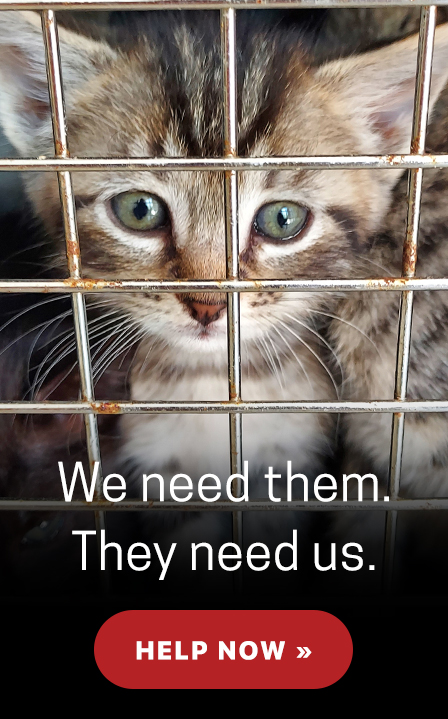Allowing the slaughter and consumption of cats and dogs to continue is unacceptable. Over the millennia, cats and dogs have grown alongside humans, becoming companion animals with unique emotional and mental capacities. In Asia alone, 30 million dogs and four million cats are slaughtered and eaten each year. The compound effects of this atrocity not only rupture the relationship between humans and animals but pose a threat to human life.
Dogs are the primary carriers of rabies in countries without effective eradication programs, and while they do not present a danger in the United States, they cause 99 percent of human rabies deaths worldwide. Those who participate in the dog meat trade are at a high-risk for contracting rabies, according to a University of Calabar study conducted in southern Nigeria.
Like virtually all public health concerns, rabies disproportionately affects rural, impoverished and disadvantaged communities. To improve healthcare outcomes, those same communities desperately need resources. In tandem with the delivery of those resources, such as the widespread vaccination of dogs, American Humane believes that efforts should be made to change the culture around dog and cat meat consumption.
Moving forward, countries should enact laws prohibiting the slaughter and consumption of dogs and cats.
At the same time, efforts must be taken to shift cultural attitudes.

